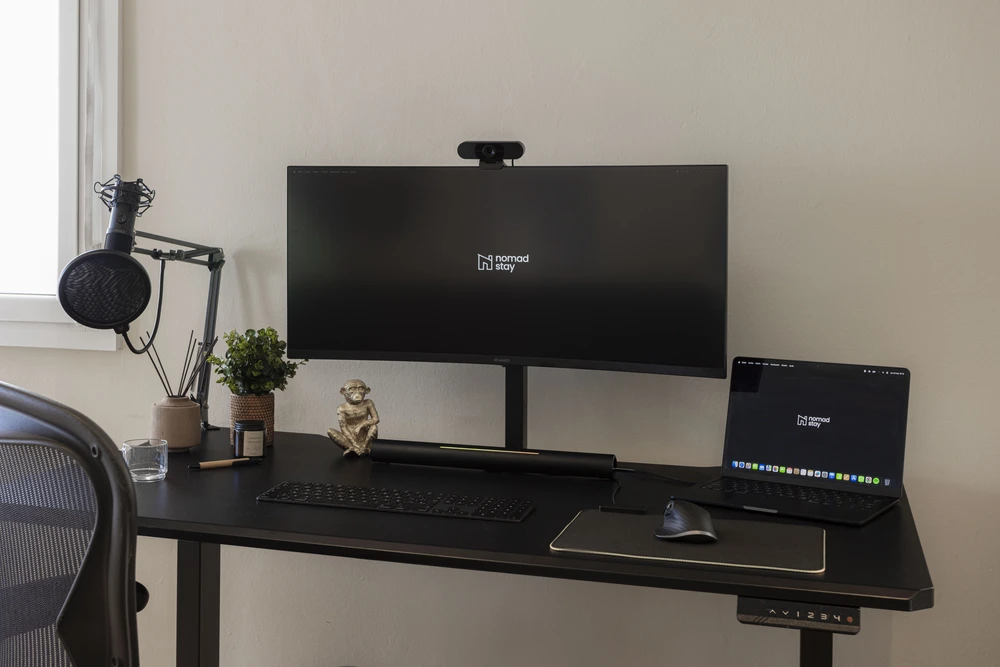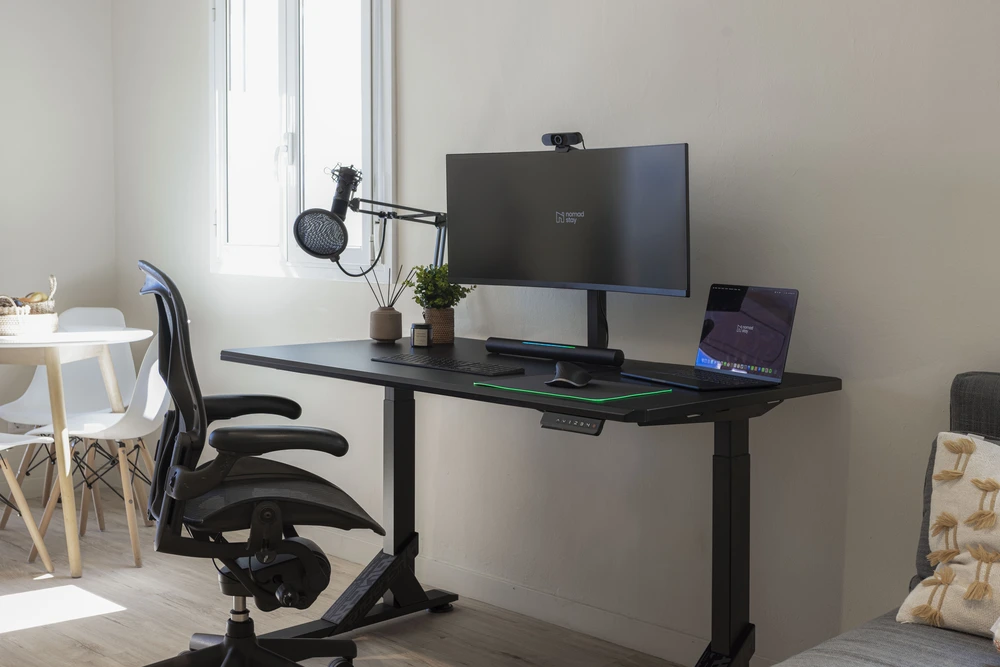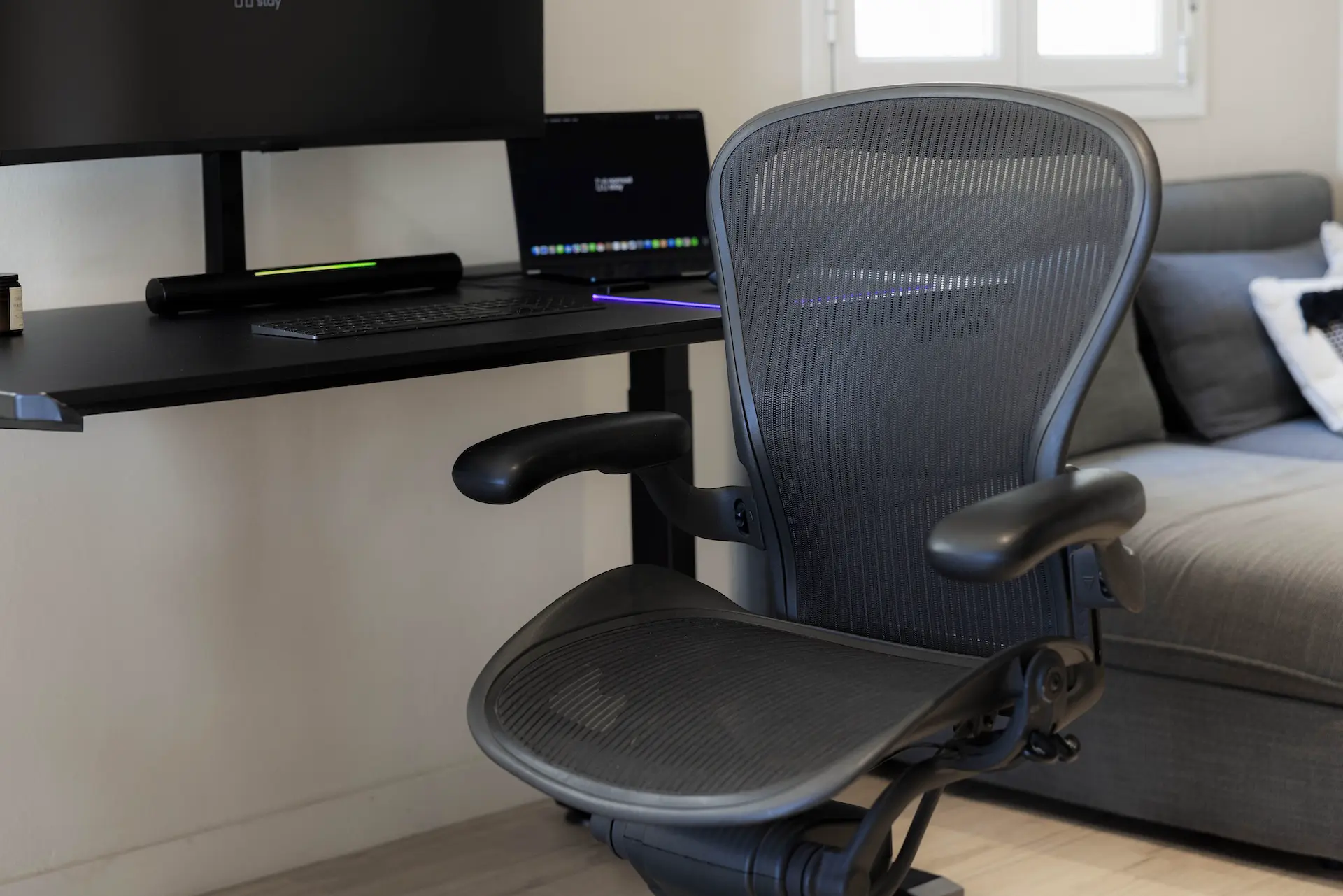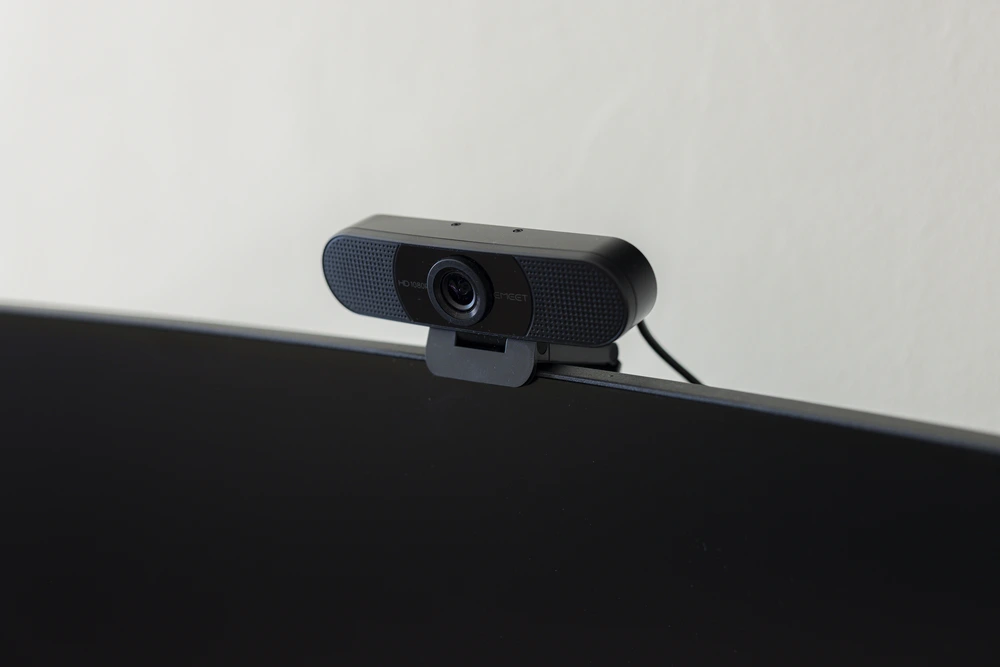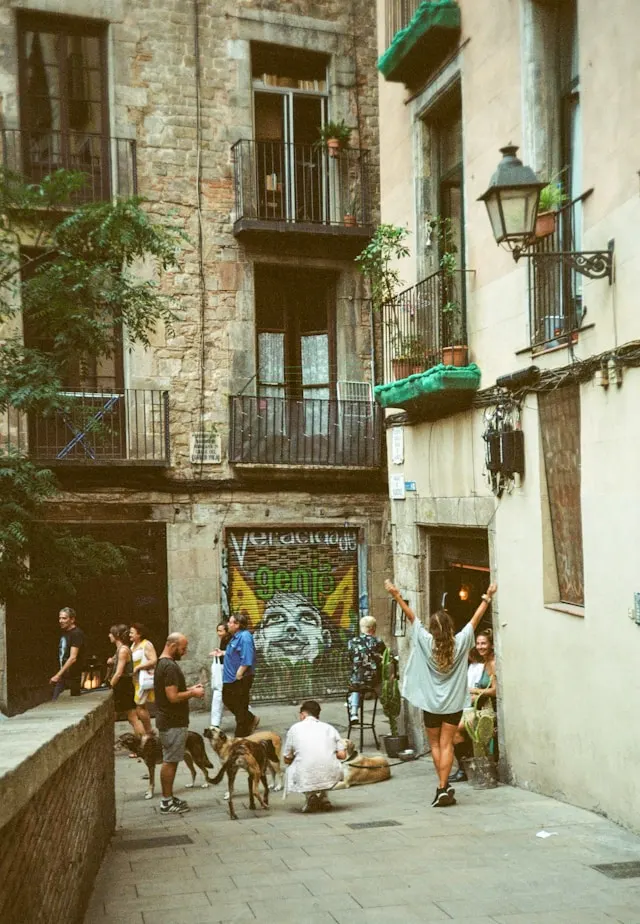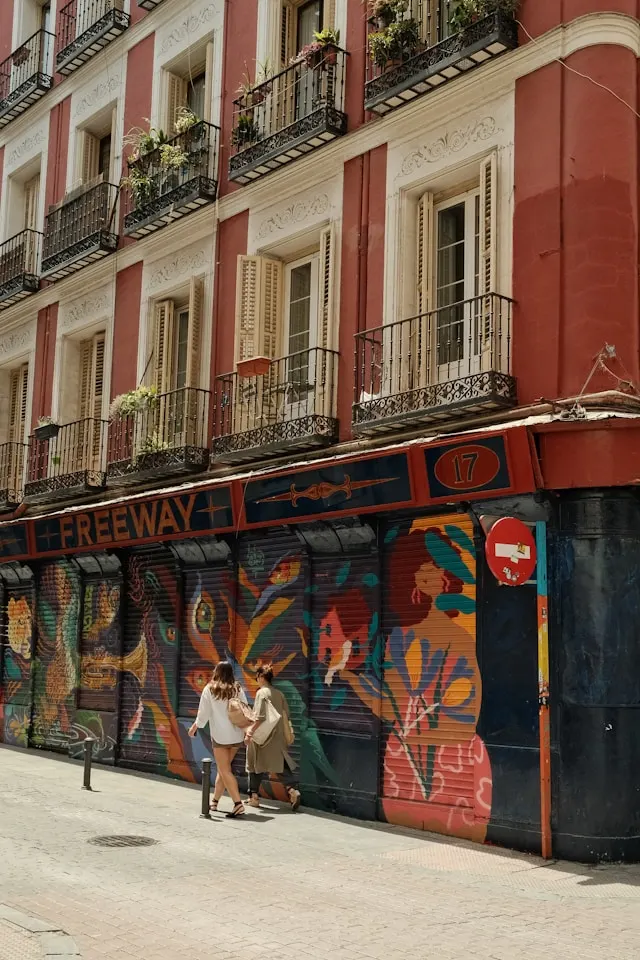Short-Term vs Long-Term Rentals for Remote Workers
Explore the pros and cons of short-term and long-term rentals for remote workers, considering work needs, budget, and lifestyle balance.

5 Best European Cities for Remote Workers in 2025
Looking for the perfect European city to work remotely in 2025? Here's a quick rundown of the top 5 spots:
- Lisbon, Portugal
- Berlin, Germany
- Tallinn, Estonia
- Barcelona, Spain
- Copenhagen, Denmark
These cities stand out for remote workers due to the following factors:
- Affordable living costs (except Copenhagen)
- Fast, reliable internet
- Abundant coworking spaces
- Rich culture and quality of life
- Digital nomad-friendly visa options
Quick comparison:
| City | Monthly Costs | Internet Speed | Digital Nomad Visa |
|---|---|---|---|
| Lisbon | €1,500-2,000 | 25 Mbps | Yes, €3,280/month income |
| Berlin | €1,500-2,000 | 90 Mbps | 3-month freelance visa |
| Tallinn | Under €2,000 | 60 Mbps | Yes, €3,500/month income |
| Barcelona | €1,500-2,500 | 120 Mbps | Yes, €2,334/month income |
| Copenhagen | €2,000-3,000 | 120 Mbps | No specific visa |
Each city offers a unique blend of work opportunities and lifestyle perks. Lisbon and Barcelona provide beach vibes, Berlin has a thriving arts scene, Tallinn is tech-forward, and Copenhagen excels in work-life balance.
Choose based on your budget, desired lifestyle, and visa needs. With options from Mediterranean charm to Scandinavian efficiency, there's a perfect remote work city for everyone in Europe.
Introduction to Digital Nomadism
Digital nomadism has become a popular lifestyle choice for many individuals, offering the freedom to work remotely and explore new destinations. As a digital nomad, you can experience different cultures, meet new people, and enjoy a better work-life balance. With the rise of remote work, many European cities have become attractive destinations for digital nomads, offering a unique blend of history, culture, and modern amenities. In this article, we will explore the best European cities for digital nomads, considering factors such as cost of living, internet speed, and visa rules.
Factors to Consider for Digital Nomads
When choosing a digital nomad destination, there are several factors to consider. These include the cost of living, availability of coworking spaces, internet speed, and visa rules. Additionally, digital nomads should research the local culture, healthcare system, and tax benefits to ensure a smooth transition. Some European cities, such as Lisbon and Barcelona, offer a specific digital nomad visa, making it easier for remote workers to settle and work in the city. Other factors, such as the city's vibe, outdoor activities, and networking opportunities, can also impact the digital nomad experience.
1. Lisbon, Portugal
Lisbon's pulling in remote workers like a magnet. Why? It's got that sweet spot of cheap living, fast internet, and a lifestyle that'll make you want to stay forever. Let's dive into what makes Lisbon tick for digital nomads in 2025.
Living Costs: Still a Bargain
Lisbon's not as dirt-cheap as it used to be, but it's still way easier on your wallet than most European hotspots. Here's what you're looking at each month:
| Expense | Cost (€) |
|---|---|
| Rent (1-bedroom, city center) | 900-1,200 |
| Utilities | 115 |
| Internet | 30-40 |
| Public Transport | 40 |
| Groceries | 200-340 |
| Coworking Space | 100-250 |
Want to save some cash? Skip the fancy city center and check out neighborhoods like Alfama. You'll get that old-school Lisbon vibe and slash your rent in half.
Internet and Workspaces: You're Covered
Lisbon's internet is fast. We're talking 120 Mbps fast. And with over 50 coworking spaces, you're spoiled for choice.
A few spots worth checking out:
- Second Home Lisboa: It's like working in a jungle, but with Wi-Fi. €235/month for a hot desk.
- IDEA Spaces: Comfy chairs and flexible desks. Starts at €120/month.
- Impact Hub Lisbon: Quiet, spacious, and great for networking, with options for furnished apartments in Lisbon. From €30/month.
Want a ready-made setup? Rent Remote hooks you up with apartments that double as offices. No fuss, just plug in and work.
Life Beyond the Laptop
Lisbon's not just about work. It's about living:
- Sun? Check. 300+ days a year.
- Beaches? Right on your doorstep.
- People? A melting pot of locals and expats.
- Culture? Oozing from every cobblestone.
- Great weather? Absolutely, making it perfect for both work and leisure.
The Portuguese know how to balance work and play. It's perfect for the remote work lifestyle.
Visa Situation: They Want You Here
Portugal's rolled out the red carpet with their Digital Nomad Visa. Show them you're making at least €3,280 a month, and you're in.
As local immigration lawyer Joana Silva puts it: "This visa is Portugal saying 'Hey, digital nomads, come on over!' It's changing the game for remote workers eyeing Lisbon."
Bottom line? Lisbon in 2025 is where it's at for remote workers. It's affordable, connected, and packed with that Mediterranean magic. Whether you're dropping in for a few months or looking to put down roots, Lisbon's got you covered.
2. Berlin, Germany
Berlin's pulling in digital nomads and remote workers like never before in 2025. It's a city where history meets innovation, creating a vibe that's hard to resist for those looking to shake up their work routine.
Living Costs: Won't Break the Bank
Berlin's not as cheap as it used to be, but it's still a bargain compared to other big European cities. Here's what you might spend each month:
| Expense | Cost (€) |
|---|---|
| Rent (1-bedroom, city center) | 900-1,200 |
| Utilities | 200-250 |
| Internet | 30-40 |
| Public Transport | 86 (monthly pass) |
| Groceries | 200-300 |
| Coworking Space | 100-250 |









